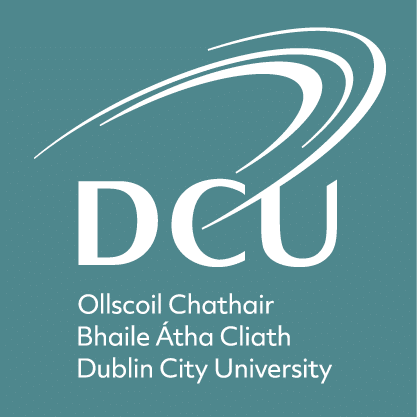Introduction
The world has changed dramatically since the arrival of SARS-CoV-2 coronavirus in late 2019. Never before has it been so crucial to have skilled science communicators presenting technical information accurately and engagingly, while also organising and managing the flows of communication within and across the complex new crises we face on this planet. While there are fears of misinformation to be addressed, it is also crucial to engage society to participate in scientific research, and to make science more accessible and inclusive. Traditional political and community forums, online platforms, vlogs, broadcast news, social media, conferences, seminars, policy briefings and even science fiction are just some of the ways we can address both the scientific and the social issues associated with climate change, pandemics, future and emerging technologies, and the science of the world around us.
The
MSc in Science and Health Communication will not only explore these and emerging forums for science communication, but will also examine the best methods to communicate scientific information effectively to the many different groups within society.
A masters’ degree in science communication at DCU was founded in 1996 and is well recognised and received in Ireland and abroad. A health communication strand was added in 2018. Many of our past students have become key figures in science communication, science policy and public engagement. We welcome prospective students who are already in careers in STEM education and public engagement, working in scientific, engineering, environmental and medical fields, in addition to those with backgrounds in the humanities and the social sciences who are interested in science communication as a field and a profession. We also welcome those interested in leadership and communication in the commercial biomedical sector as well as public health policy, administration and regulation, and environmental communication. The common interest we seek from these diverse backgrounds is that they share a passion and commitment for effectively communicating inspiring, emerging and at times challenging scientific knowledge to various groups and sectors across society.
The
MSc in Science and Health Communication includes modules on e-health governance, gender and inclusivity, and data communication, alongside modules on media skills, audience research and planning strategic communication programmes.
Our alumni are sought after by many private and public sector institutions who strive for better communication of science. Our students, and what they will learn, will be at the centre of global policy for the foreseeable future.
DCU’s School of Communications has just been ranked in the top 200 communications schools internationally. The only ranked Irish media/communications School in the QS ranking.
Programme Content and Structure
This programme is offered full-time over one year and part-time over two years.
Students take a combination of core and option modules in areas such as Research Methods; Strategic Communications for STEM, Environment and Healthcare; Informatics in eHealth; Science and Health in the Media; Data Communication; Understanding Social Media. The programme also includes practically oriented modules including Media and Communication Skills and Making Smartphone Videos. All students complete a Major Project/Dissertation and can avail of a work placement.
Modules
The MSc in Science and Health Communication is located in the School of Communications at DCU, which has an internationally recognised reputation for teaching and research excellence in media, communications and journalism. Staff include leading academic scholars and experienced industry professionals.
Their innovative peer-reviewed and internationally ranked research, which is shared in a classroom environment, also helps shape policy decisions about the worlds of media, communications and journalism both in Ireland and internationally. With a tradition stretching back almost 40 years, today the School is home to almost 1,000 students studying
undergraduate and
postgraduate degrees as well as undertaking
doctoral research.
For more info, see: https://www.dcu.ie/courses/postgraduate/school-communications/msc-science-and-health-communication
